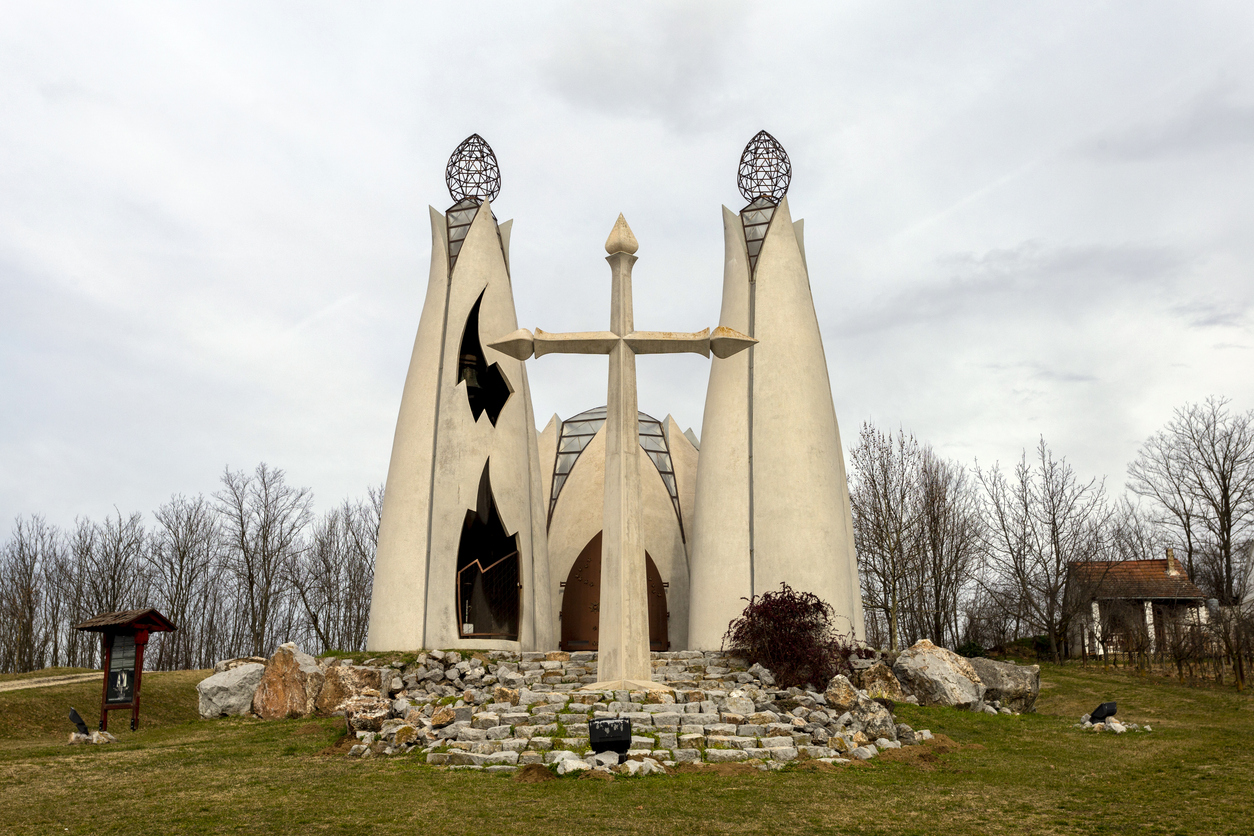Time Period: 2010-2019
Location: Budapest, Hungary
Main Actors: Hungarian Evangelical Fellowship (HEF), Pastor Gábor Iványi.
Tactics
– Declarations by organizations and institutions
– Selective social boycott
– Protective presence
– Signed public statements
Hungary has become markedly less free and democratic since Viktor Orbán’s Fidesz party won the 2010 elections. Using its parliamentary super-majorities, Fidesz has gerrymandered new districts in its favor, created fake parties to overwhelm its opponents, and used its media control to cover only itself while slandering the opposition. Fidesz’s ideological vision is one of illiberal, Christian, Hungarian nationalism; it opposes so-called “Western” notions of unqualified human rights, multiculturalism, and respect for religious, ethnic, and sexual minorities. With Hungarian opposition parties marginalized, several civil society actors have stepped up and attempted to combat Hungary’s democratic erosion.
One such civil society actor is the Hungarian Evangelical Fellowship (HEF) church, specifically Pastor Gábor Iványi. Iványi is no stranger to anti-authoritarian organizing, having worked –at times with Orbán– against the Hungarian Socialist Workers’ Party dictatorship in the 1970s and 80s. Iványi officiated Orbán’s wedding and baptized his two eldest children.
Since 2010, Iványi has criticized Orbán’s autocracy, illiberalism, and Christian nationalism. Iványi has expressed these criticisms in interviews with domestic and international media outlets. After Fidesz’s 2010 election victory, Iványi refused to attend Orbán’s inauguration. Iványi’s actions arguably played a role in provoking Orbán to undermine religious institutions: in late 2011, Fidesz passed its ‘Act C’ law that stripped nearly 300 churches and religious groups –including HEF– of official state recognition. Act C deprived these churches of access to state-funded programs and subsidies.
The Act C law provoked both international and domestic judicial action. In 2017, the European Court of Human Rights ruled that Act C violated the European Convention on Human Rights; it ordered the Hungarian government to compensate the Evangelical Fellowship and other churches that lost access to state subsidies. In addition, Hungary’s Constitutional Court twice ruled that Orbán’s government violated the constitution in its dealings with HEF, e.g., by depriving the church of public education subsidies. Iványi’s activism likely played a role in raising awareness about the dire financial situation of HEF and other Hungarian religious institutions. However, Iványi alleges that the full amount owed to his church by Orbán’s government has not yet been paid. Additionally, his rhetoric arguably provoked government backlash; for example, in March 2022, Orbán’s government sent tax officials to raid Iványi’s office, claiming the church owes about $7.2 million in payroll taxes.
HEF runs multiple Budapest shelters for homeless, refugee, and Roma communities. All three groups have been marginalized during Orbán’s tenure. During Hungary’s 2015 migrant crisis, HEF cooked 600-800 meals per day and provided shelter for nearly 200 refugees. This was in marked contrast to the Catholic Church of Hungary, which denounced refugee-sheltering as human trafficking. Despite these efforts, HEF’s actions did little to counter Orbán’s anti-refugee rhetoric and policies. Refugees in Hungary continue to face discrimination and are often prevented from entering the country by Hungarian border police and militias.
Finally, in 2019, Pastor Iványi and other religious leaders authored an “Advent Statement,” which responded to Orbán’s claim that Hungary was being governed in accordance with “Christian Liberty.” The authors denounced this concept as “a slogan for exclusionary, hate-filled and corrosive policy…that systematically threatens democracy and the rule of law.” The statement had nearly 300 signatories but did not provoke an explicit response from the government.
The campaign by Pastor Iványi and the Hungarian Evangelical Fellowship has done much to raise awareness of Hungary’s democratic backsliding. However, civil society actors have struggled to stand as a pillar of Hungarian democracy. In both speed and depth, Hungary’s democratic erosion is unique: Orbán’s Fidesz party managed to capture the legislature, executive, judiciary, and media within a couple of years of its 2010 election victory. Hungarian civil society has accordingly struggled to act, even while refraining from using confrontational tactics that tend to provoke authoritarian repression. Without consistent international pressure on Fidesz, civil society is at a further disadvantage. Still, democracy activists would do well to emulate Pastor Iványi and HEF’s consistent and multi-pronged organizing and activism.
Where to Learn More
– Advent Statement of the Hungarian Evangelical Fellowship. 2019.
– Barry, O. (2022). “This Pastor Officiated Orbán’s Wedding. Now He’s One of His Fiercest Critics.” The World.
– Bayer, L. (2016). “Orbán’s ‘War Of Attrition’ against Churches.” POLITICO.
– Kornai, J. Hungary’s U-turn: Retreating from Democracy. J. Democracy, 26, 34. 2015.
– Loustau, Marc Roscoe. “Hungary’s Progressive Christian Resistance.” The Christian Century, May 31, 2023.
– Silliman, D. (2022). “Hungarian Fellowship Raided amid Conflict with Viktor Orbán.” Christianity Today.
– Walker, S. (2019). “Orbán Deploys Christianity with a Twist to Tighten Grip in Hungary.” The Guardian.
You can access all the caselets from the Pillars of Support Project here.

